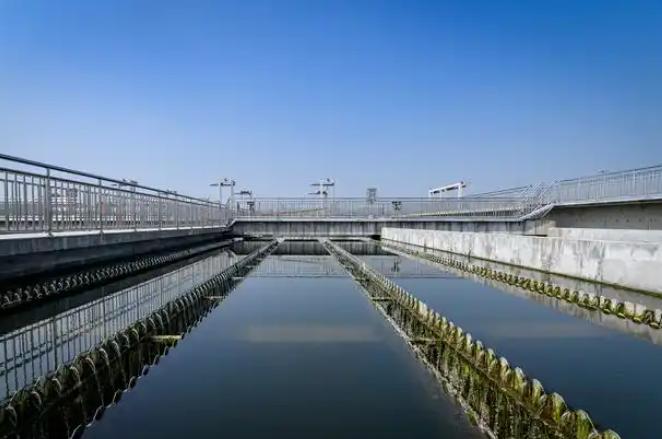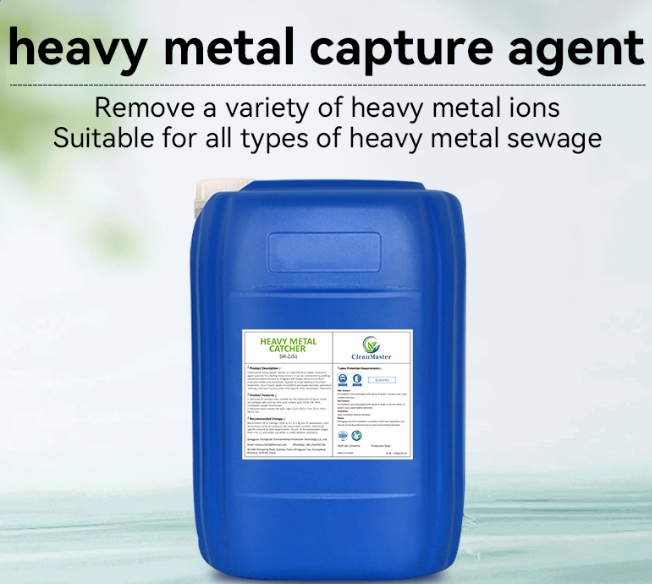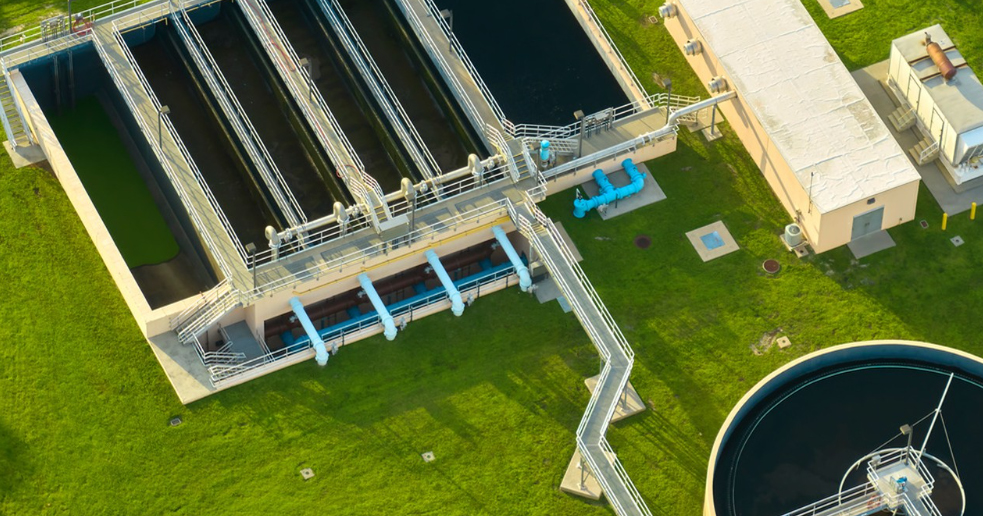Zinc - nickel alloy wastewater is one of the more challenging types of electroplating wastewater to treat. Generally, during the production processes of the electroplating and surface treatment industries, wastewater containing heavy metals such as zinc, nickel, and lead is generated. Zinc - nickel alloy wastewater mainly contains harmful substances like nickel, zinc, ammonia nitrogen, and COD. Its composition is complex with a high content of complexes. Therefore, to treat this kind of wastewater, the complexing agent must be broken down first. Otherwise, heavy metal ions cannot be precipitated. If directly discharged into the environment, it will pollute water bodies.

The treatment of zinc - nickel complex wastewater requires the adoption of multiple technical means to effectively remove harmful substances from the wastewater. The following are several common treatment methods:
1.Chemical Precipitation Method The chemical precipitation method is one of the cost - effective ways to treat zinc - nickel wastewater. By adding an appropriate amount of precipitants, this method causes the harmful substances in the wastewater to form precipitates, thereby purifying the wastewater. It should be noted that the selection of precipitants needs to be determined according to the types and concentrations of harmful substances in the wastewater.
2.Electrolytic Deposition Method The electrolytic deposition method utilizes electrolysis to deposit recoverable metal ions on the electrodes, so it can also be used to treat zinc - nickel alloy wastewater. This method has advantages such as low energy consumption, simple operation, and a large treatment capacity. However, its application scope is relatively narrow.
3.Ion Exchange Method Ion exchange resins are used to adsorb and replace harmful ions in wastewater. By selecting different ion exchange resins, the removal of different harmful substances in wastewater can be achieved. The operation is simple, and the treatment effect can remain stable over a long period. However, the ion exchange resins need to be regenerated or replaced regularly. Moreover, the adsorption effect on complexed zinc and nickel ions may be limited, and it may be necessary to carry out complex - breaking treatment first before ion exchange.
4.Reagent Treatment Method Heavy metal capture agent are special reagents designed for treating zinc - nickel wastewater. They can combine with heavy metal ions in the wastewater to form precipitates. They can be used in combination with PAC (polyaluminum chloride) and PAM (polyacrylamide) to make the effluent meet the standards. This reagent can be operated at room temperature. Before use, the dosage and dosing sequence need to be determined based on small - scale tests.

Each of the above methods has its advantages and disadvantages. In practical applications, it is necessary to comprehensively consider the specific situation of the wastewater and select an appropriate treatment method. At the same time, the solid substances and chemical reagents after wastewater treatment also need to be scientifically treated and properly disposed of to ensure environmental safety and health.













